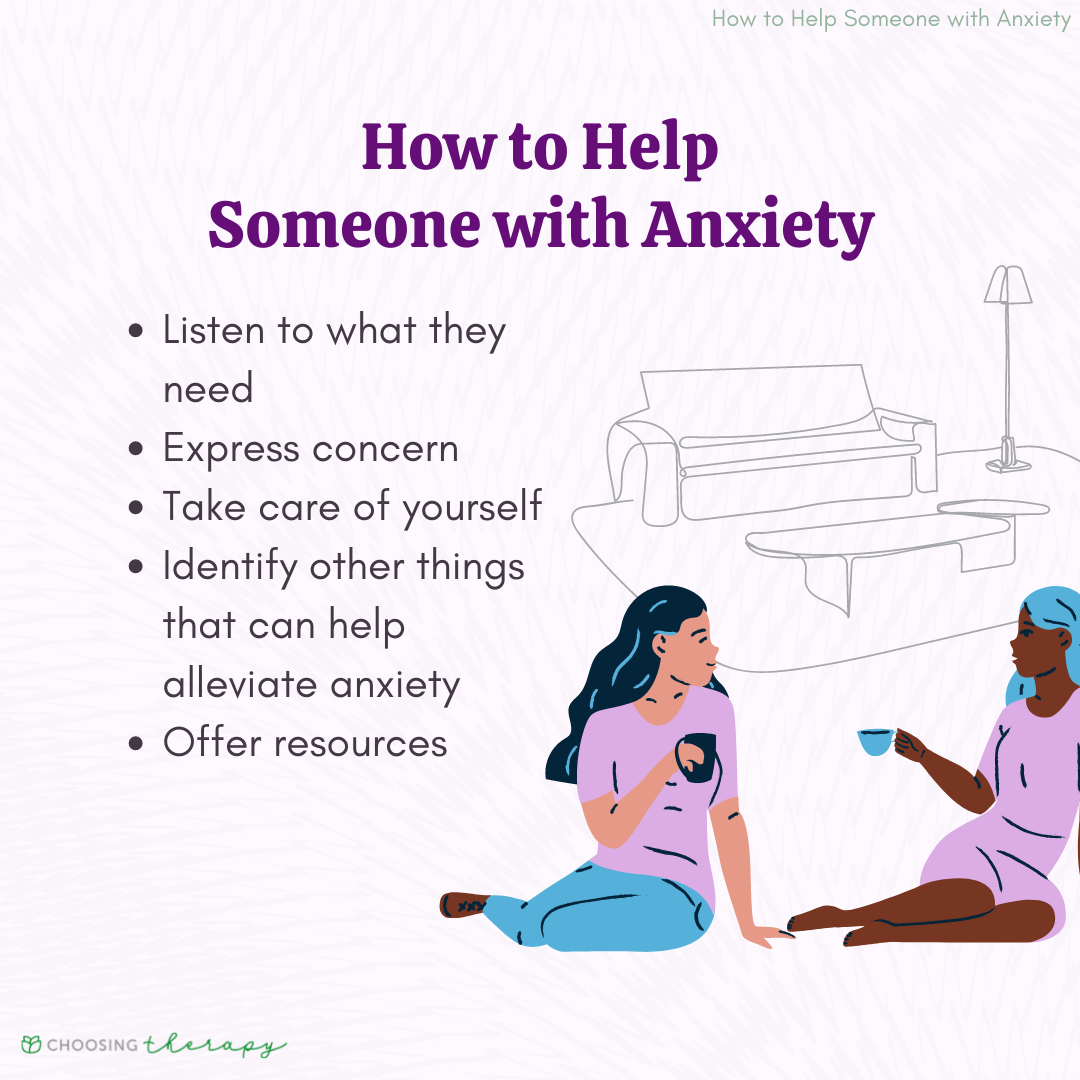Anxiety is a common mental health condition that affects millions of people worldwide. It can manifest as excessive worry, fear, or nervousness that can interfere with daily life.
Recognizing the Signs
It’s important to recognize the signs of anxiety in your loved ones, such as restlessness, irritability, trouble sleeping, and difficulty concentrating. They may also experience physical symptoms like rapid heartbeat, sweating, and trembling.
Listening and Validation
One of the most crucial ways to support a loved one with anxiety is to listen to them and validate their feelings. Avoid dismissing their concerns or trying to “fix” the problem. Instead, offer a listening ear and show empathy.
Encouraging Professional Help
If your loved one’s anxiety is severe or persistent, encourage them to seek professional help. A therapist or counselor can provide the necessary tools and techniques to manage anxiety effectively.
Supporting Self-Care
Encourage your loved one to prioritize self-care activities like exercise, meditation, and relaxation techniques. These can help reduce anxiety symptoms and improve overall well-being.
Creating a Safe Space
Make sure your loved one feels safe and supported in their environment. Create a calming space free of triggers and distractions where they can relax and unwind.
Checking In Regularly
Check in on your loved one regularly to show that you care and are there for them. A simple text or phone call can make a big difference in their day.
Setting Boundaries
It’s important to set boundaries with your loved one to avoid burnout and maintain your own mental health. Make sure to prioritize your well-being and seek support if needed.
Practicing Patience
Dealing with anxiety can be challenging, so it’s important to practice patience with your loved one. Remember that recovery takes time, and being understanding can go a long way.
Remember, supporting a loved one with anxiety requires patience, understanding, and compassion. By following these tips, you can make a positive impact on their mental health and well-being.

